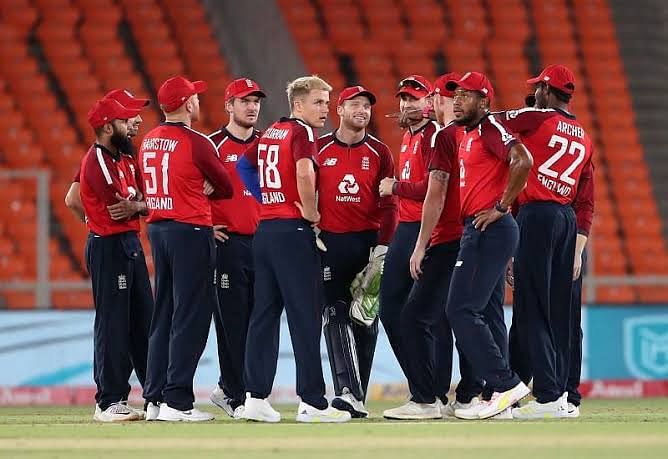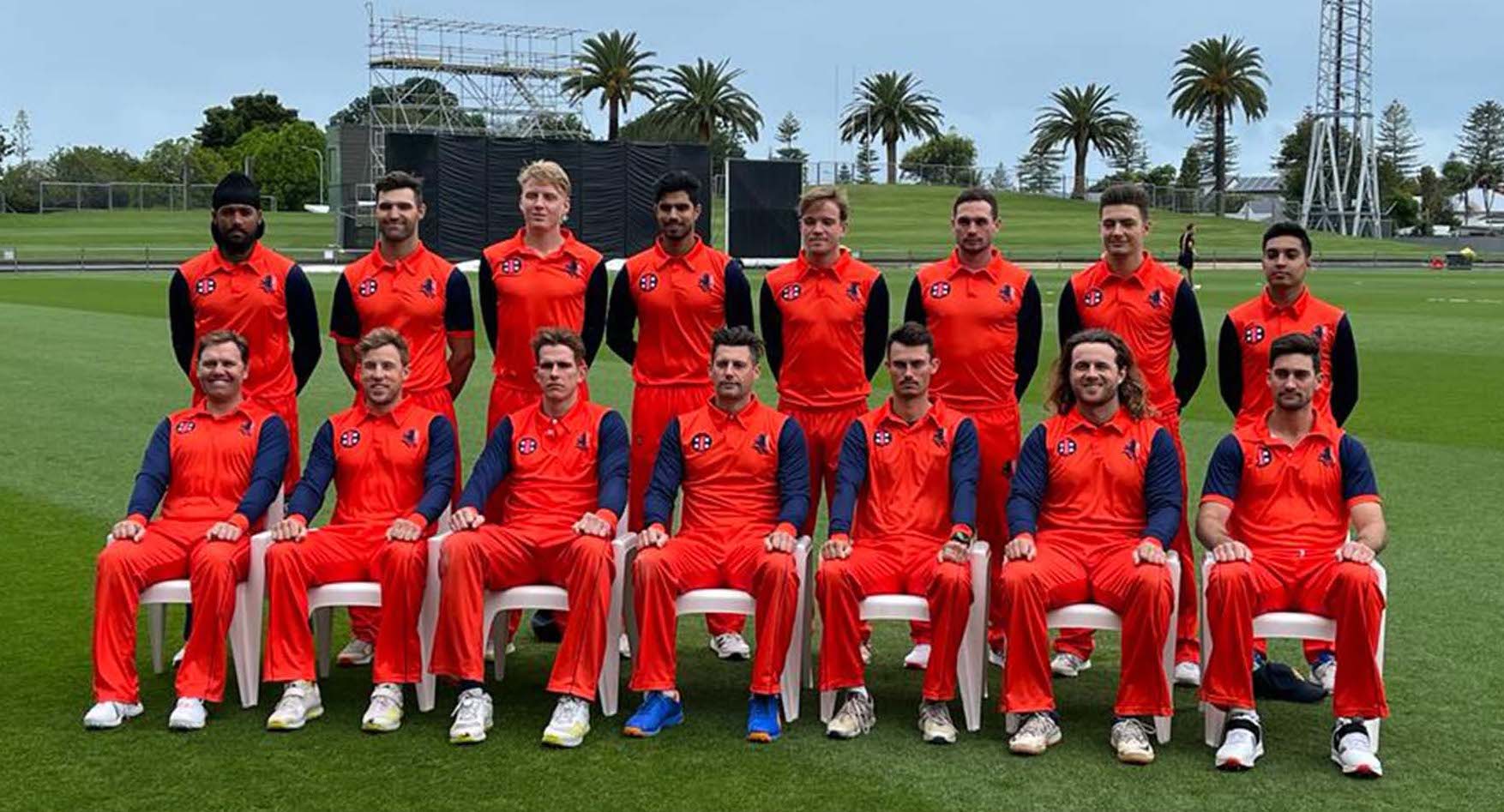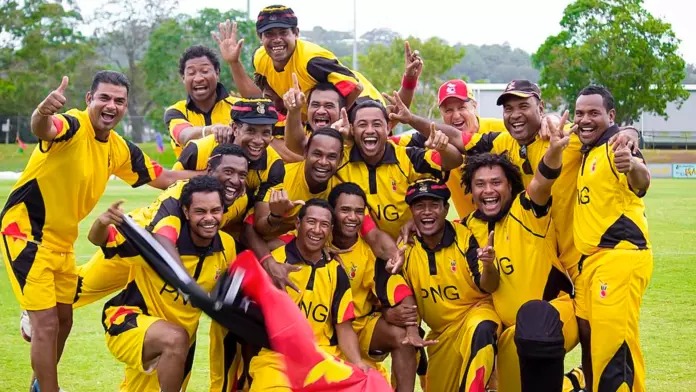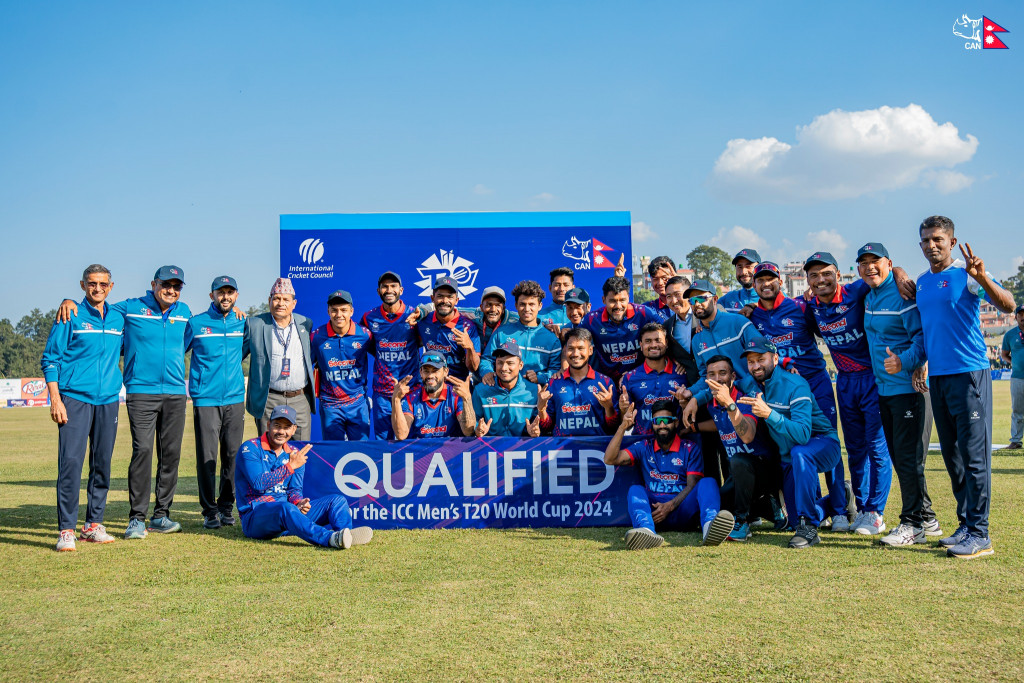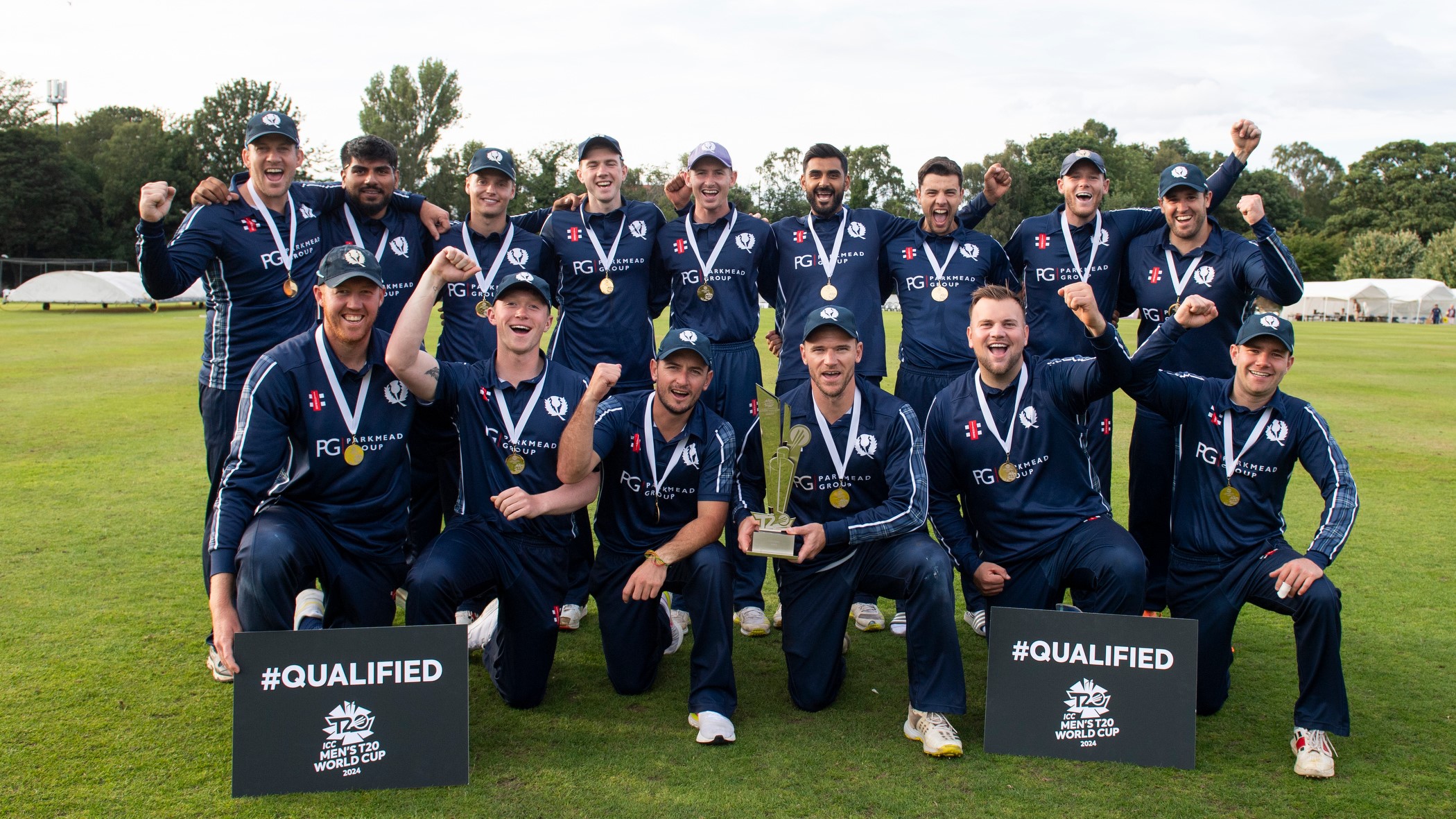Since World War II, there has not been such significant disruption in the world sporting calendar, which is now brought by COVID-19. Across the world, sports events have been cancelled or postponed and the cricket fraternity is facing financial challenges as they are unable to generate much-needed revenues.
It’s been more than two months since international cricket across the world is under a shuddering halt due to the pandemic. Many of those involved in the gentleman’s game are starving for some live action.
Social distancing is ubiquitous now as safety is the first priority. Keeping such things into consideration, on May 22, the ICC (International Cricket Council) cricket committee led by Anil Kumble has recommended some changes in the existing rules and re-introduced some of the ‘Back to Cricket Guidelines’ for the resumption of the game.
Regular use of hand sanitisation when in contact with the ball, prohibition on the use of saliva and not touching eyes and mouth after coming in contact with the ball have been made mandatory under the guidelines made by ICC. Sanitisation of personal equipments before and after training is also a part of the new rules. Among the various new measures included in the guidelines, social distancing between players and umpires on the field has been marked as the most important.
Meanwhile, according to the rules introduced, the teams have to ensure a mandatory pre-match 14-day isolation for the players with regular health and temperature check-ups and COVID-19 testing. On Tuesday (June 9) the ICC has approved the recommendations made.
Following are the new rules imposed by ICC -
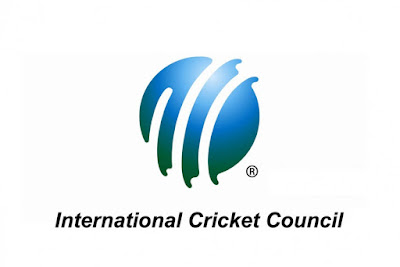
Covid-19 replacements
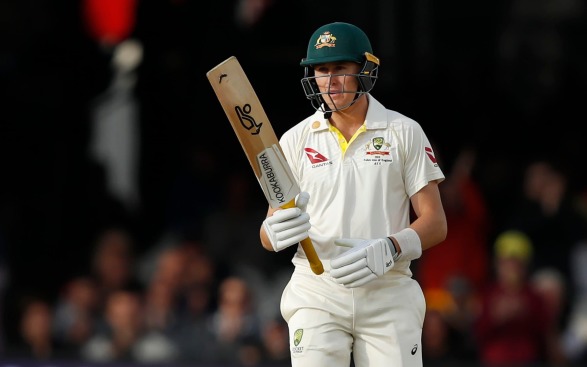
Like concussion subs, teams will be allowed to replace players displaying symptoms of Covid-19 in Tests only. In line with concussion replacements, the Match Referee will approve the nearest like-for-like replacement. The regulation for Covid-19 replacements will not be applicable in ODIs and T20Is.
Ban on use of saliva
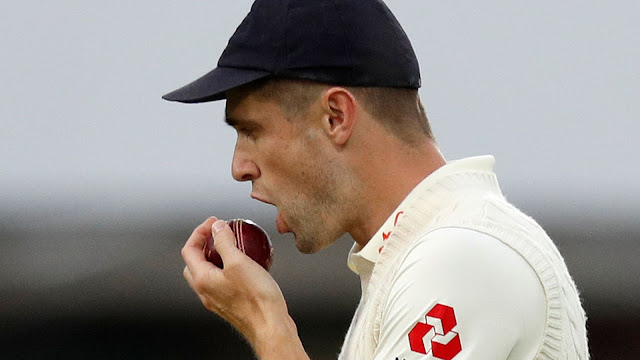
The use of saliva to polish one side of the ball to help it swing through the air has been a significant method used from early 90s. But on Tuesday (June 9) the ICC has confirmed the
ban of saliva to shine the ball which is considered to be a transmitter of novel coronavirus. Repeated violation of the ban would at first invite a warning before a five-run penalty is imposed. “Players will not be permitted to use saliva to shine the ball. If a player does apply saliva to the ball, the umpires will manage the situation with some leniency during an initial period of adjustment for the players, but subsequent instances will result in the team receiving a warning,” the ICC said.
“A team can be issued up to two warnings per innings but repeated use of saliva on the ball will result in a 5-run penalty to the batting side. Whether saliva is applied to the ball, the umpires will be instructed to clean the ball before play recommences,” the parent body stated.
Although ICC banned the use of saliva but it recommended the use of sweat as a substitute to saliva. The ICC has asked bowlers to use sweat instead of saliva to shine the ball. “Although it’s a matter of concern that what the bowlers are supposed to do in the cooler confines where working up a sweat won’t be that easy,” said Tendulkar.
Non-neutral umpires

Given the challenges of international travel with borders being closed, limited commercial flights and mandatory quarantine periods, the Committee recommended neutral match officials will be temporarily removed from the playing conditions for all international formats. The ICC will be able to appoint locally based match officials from the Emirates ICC Elite Panel of Match Officials and the Emirates International Panel of Match Officials,” the ICC said. This effectively means that Anil Chaudhary, Shamshuddin and Nitin Menon will be seen officiating during the home series against England next year with Javagal Srinath being the match referee.
Additional DRS reviews
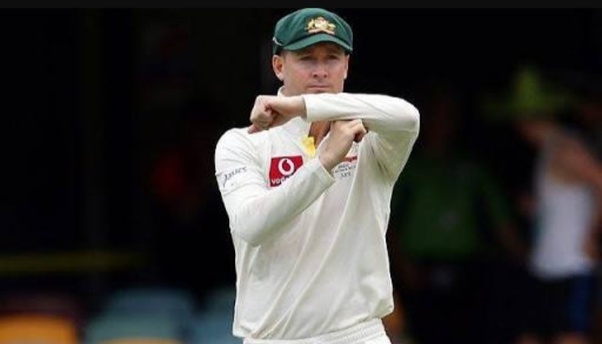
The Anil Kumble-chaired Cricket Committee, and ratified by the Chief Executives Committee (CEC), the teams will also be allowed an additional DRS call as home umpires will now be officiating in bilateral Test series (currently two per innings).
Extra Logos
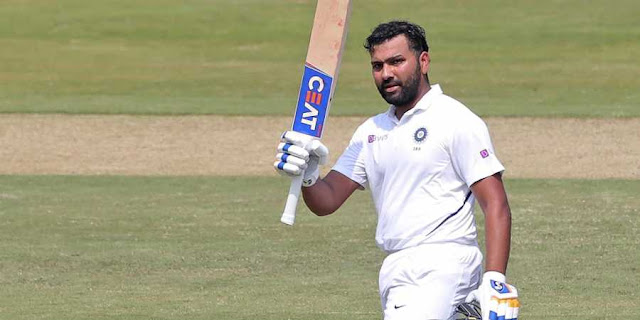
All the cricket boards are suffering huge revenue losses due to the shuddering halt of the game. Taking this into consideration, the ICC has decided to provide relaxations on its rules on apparel logos for the next 12 months to help them earn a few extra bucks.
A logo, not exceeding 32 square inches, may be placed on the chest of Test shirts and sweaters in addition to the three other logos allowed as per regulations. As of now, logos on chests are only allowed in ODI’s and T20Is,” said the ICC.
Cover picture credits: Asianet

